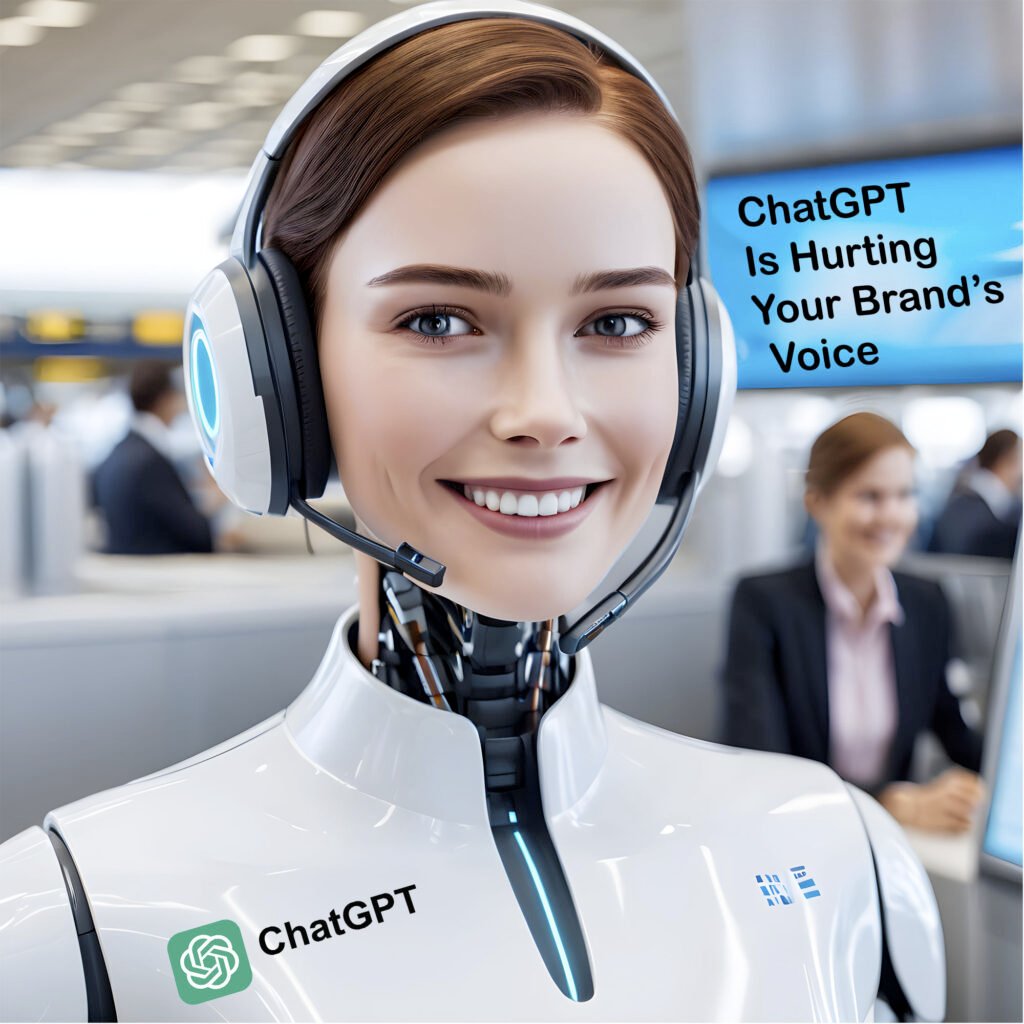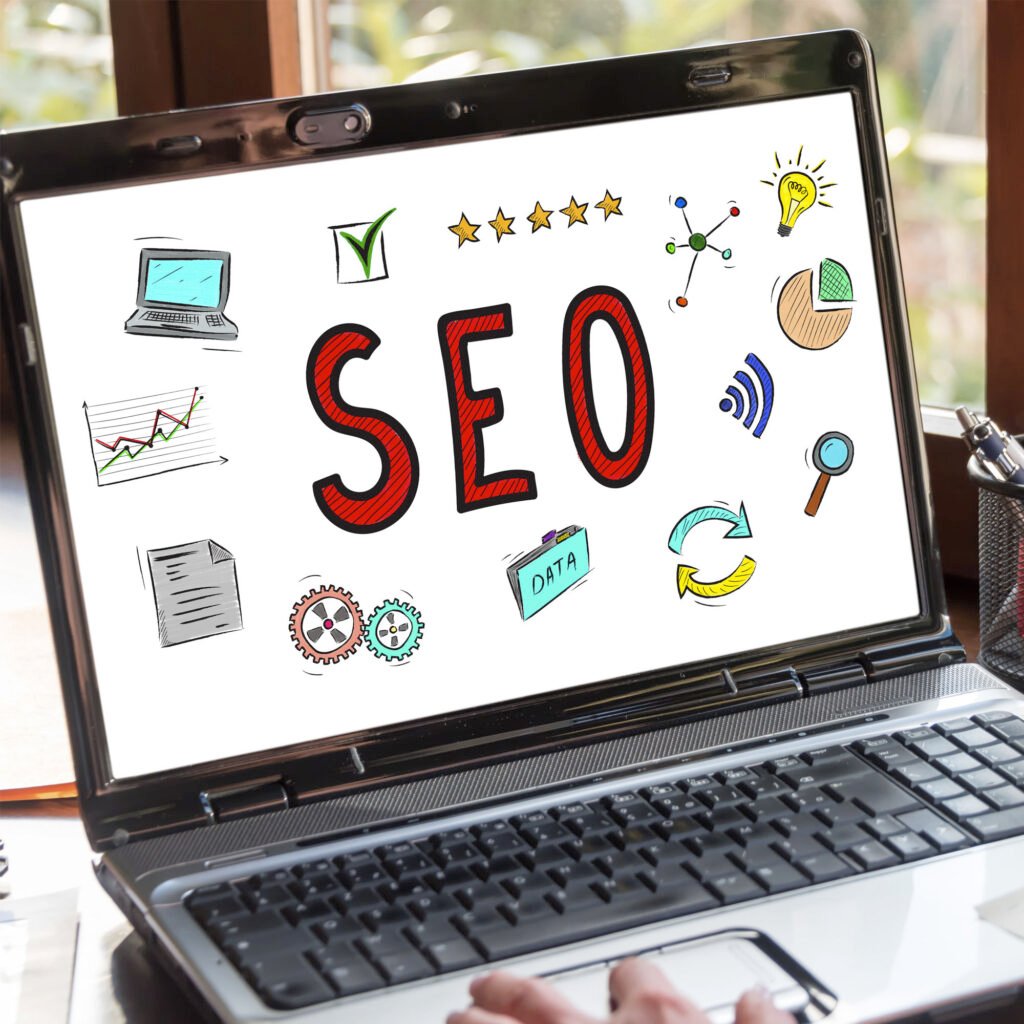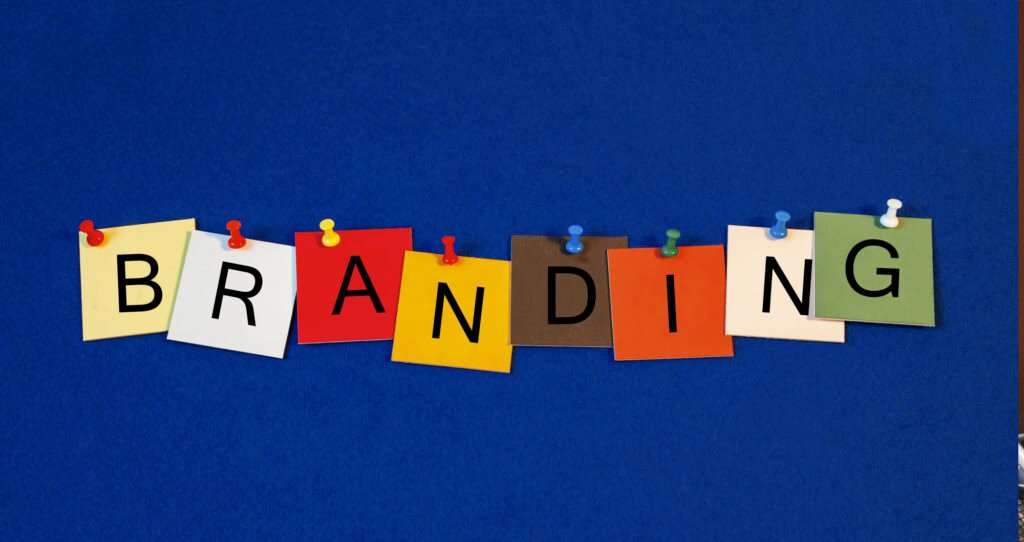By Max Milano (Tech Writer)
Every digital marketing professional knows that ChatGPT has transformed the digital marketing landscape. Anyone browsing digital marketing job posts on LinkedIn nowadays will see ChatGPT’s word salad handiwork on full display, spewing nonsensical phrases like “AI automation” and “AI workflows for the cloud” in every job description remotely associated with digital marketing. Clearly, as useful as ChatGPT can be in the right hands, it’s blatantly obvious that HR departments are not the right hands to wield this tool. Reading through walls of text and bullet points quoting obscure computer science automation terms—rarely uttered in any real digital marketing setting—will numb most readers’ minds, not to mention exasperate job seekers.
Still, we have to admit: ChatGPT has merits. With its ability to produce content rapidly, businesses have eagerly embraced it to do what businesses do best: leverage AI for everything from content writing to customer service, primarily because it saves money. However, this corporate addiction to AI technology comes with a caveat—over-reliance on ChatGPT will dilute your brand identity and quickly compromise your Unique Selling Proposition (USP). For digital marketing companies, social media marketing agencies, and businesses offering content writing and social media services, this risk is even more pronounced.

Your USP: The Heart of Your Brand
Your USP is what sets your brand apart from competitors. It’s the reason customers choose you over others in a crowded market. For example, a digital marketing company might highlight its tailored approach to campaigns, while a social media marketing agency could emphasize its expertise in creating culturally relevant content.
However, when businesses lean too heavily on AI tools like ChatGPT, their content loses the very uniqueness that defines their USP. Why? Because AI-generated content, while efficient, lacks the nuance, creativity, and authenticity that resonate with your ideal audiences—the ones who will actually buy your product.
The Risks of Overusing ChatGPT in Digital Marketing
1. Loss of Authenticity
Customers value authenticity in their brand’s communication. AI tools like ChatGPT are trained on vast datasets, which means they can mimic human language but struggle to create genuinely unique or deeply personal content. For a social media marketing agency or digital marketing company, this often results in generic posts and ads that fail to connect with the target audience.
Imagine a social media services provider using ChatGPT to create all its client posts. While the content might be grammatically correct and engaging, it could lack the cultural nuances or personal touch that make a brand stand out. The “uncanny valley” effect sets in almost instantly, and the cool kids stay away. Sales drop. The end.
2. Compromised Brand Voice
Every brand has a distinct tone and voice. Whether your company exudes professionalism, humor, or innovation, maintaining consistency is crucial. Overusing ChatGPT for content writing will create a fragmented brand voice, as the tool cannot fully grasp the subtle nuances of your messaging strategy.
3. Oversaturation of AI-Generated Content
In an era where many companies are using AI for content creation, there’s a growing risk of oversaturation. If your competitors are all using ChatGPT, their content will start sounding similar, making it harder for your brand to stand out. A strong USP is built on differentiation, which becomes increasingly difficult when everyone’s content is cut from the same AI cloth (just take a look at LinkedIn posts).
4. SEO and Ranking Challenges

Google’s algorithm prioritizes original and high-quality content. AI-generated articles often lack depth and originality, which can hurt your search engine rankings. While some SEO professionals might argue that Google doesn’t differentiate between AI-generated and human-generated content, for digital marketing companies relying on SEO to attract clients, this is a significant risk.
How ChatGPT Can Undermine Social Media Marketing
Social media platforms thrive on engagement, relatability, and real-time interactions. While ChatGPT can help streamline social media services by generating captions or brainstorming ideas, relying solely on AI can be detrimental.
– Missed Opportunities for Human Interaction:
Social media marketing agencies often pride themselves on building relationships with audiences. Over-automating these interactions can make a brand seem cold or detached.
– Repetitive Content:
ChatGPT’s responses, though varied, are ultimately based on patterns in its training data. This leads to repetitive themes and ideas, reducing the freshness and creativity of your content.
Strategies to Protect Your USP and Brand While Using AI
AI tools like ChatGPT are valuable, but they should complement—not replace—human creativity and strategy. Here’s how you can harness AI without compromising your USP:
1. Define Your Brand Voice Clearly
Create detailed guidelines that outline your brand’s tone, style, and messaging priorities. Use these as a reference when using ChatGPT to ensure consistency.
2. Combine AI with Human Oversight
Use ChatGPT to generate ideas or drafts, but always have a skilled content writer review and refine the output. This ensures the content aligns with your brand’s identity and resonates with your target audience.
3. Focus on Originality
Invest time in creating unique content that reflects your brand’s personality. Use AI for efficiency, but let humans take the lead in crafting compelling stories and messages.
4. Customize for Your Audience
AI struggles with hyper-specific audience segmentation. A social media marketing agency using real human writers and content creators (like WhaleSocial and WhaleClicks) will bridge this gap by tailoring content to the cultural, linguistic, and emotional needs of its target audience in English or in Spanish.
5. Leverage AI for Efficiency, Not Creativity
While ChatGPT is good at at generating ideas, summaries, or templates, smart digital marketing agencies understand that they must build a team (of humans) for the creative aspects of content writing and social media marketing.
The Role of Human Creativity in Digital Marketing
Digital marketing companies and social media marketing agencies thrive on creativity. From developing innovative campaigns to crafting memorable taglines, human creativity is irreplaceable. AI can’t replicate the emotional intelligence, cultural understanding, and storytelling ability that humans bring to the table.
Why Your USP Matters More Than Ever

In today’s competitive market, having a strong USP is essential. Your USP is the foundation of your brand’s identity and the reason customers choose you over competitors. By relying too heavily on ChatGPT, you risk diluting this core advantage.
– Trust and Loyalty: Customers are more likely to trust and remain loyal to brands that offer authenticity.
– Differentiation: A unique and consistent brand voice helps you stand out in a crowded digital landscape.
– Long-Term Success: Building a strong, differentiated brand sets the stage for sustained growth and success.
ChatGPT is a tool that can enhance your efficiency and streamline your operations. However, it’s not a substitute for the creativity, authenticity, and strategic thinking that define successful digital marketing companies and social media marketing agencies.
To protect your USP and brand, use AI wisely. It’s ok to let it handle repetitive tasks, but success for brands ultimately relies on human creativity, originality, and emotional resonance. By striking this balance, you can ensure that your digital marketing efforts remain effective, engaging, and true to your brand’s unique identity. Don’t let automation compromise what makes your brand special in the first place.





